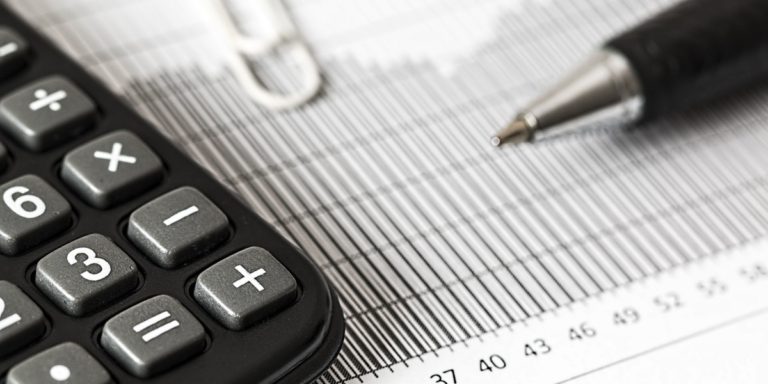Tax write-offs available for self-employed individuals in Canada
Self-employed individuals here are taxpayers who operate unincorporated businesses, this may be sole proprietorship or partnership. Self-employment income usually derives from a commercial business or a professional service or a commission on sales. In all cases, they spend money to earn their business income, and such reasonable and allowable spending/expenses to earn that business income are deductible for the purpose of calculating the business tax.
Following is the list of common expenses a self-employed individual can write off against business income incurred only to earn that business/professional/commission income and claim them while filing your Small Business Tax Return or T1 Tax Return:
- Cost of purchase of goods sold
- Direct wages cost paid
- Payments made to subcontractors
- Other costs directly related to making the products saleable or services renderable
- Advertising and promotion; incurred to promote your business and to generate leads
- Meals and entertainment; incurred for business purposes (usually 50% is tax deductible)
- Bad debt; outstanding money lost receivable from customers against products/services provided
- Insurance; paid to protect your business from potential risks and liability
- Business tax, fees, licenses, dues, memberships, and subscription; paid to keep you compliant
- Office expenses and supplies; incurred to keep your business running smoothly
- Legal, accounting, and other professional fees; paid to get required advice and compliances done
- Management and administration fees, rent, repair, and maintenance, property taxes
- Salary, wages, and benefits; paid to employees
- Travel, telephone, and utilities, fuel cost (except for motor vehicle)
- Delivery, freight, and express
- Capital cost allowance (CCA), which is tax depreciation on asset such as equipment, building
- Business use of home office expenses such as:
- Heat
- Electricity
- Insurance
- Maintenance
- Mortgage interest
- Property tax
- Any other related costs
- Motor vehicle expenses such as:
- Fuel and oil
- Interest
- Insurance
- License and registration
- Repair and maintenance
- Leasing
- Any other related costs
Business use of home office expenses
There are two major criteria to fulfill to be able to claim deductions for your home office expenses. Your home office is to be either your principal place of business (meaning that it is used more than 50% of the time for business purposes) or used exclusively for purpose of earning business income. You can deduct eligible expenses only for proportionate areas of business use. For example, you use 25% space of your home for business purposes, you can claim up to 25% of eligible expenses for business purposes.
You may have one more business and you operate one business from home and the other one from a different place. You can claim home office expenses against that particular business income which you operate from home office. Such expenses cannot be claimed to create a business loss. If you are unable to claim any portion of home office expenses on your income tax return in the current year you can carry forward to future years to get deductions subject to fulfillment of business use criteria.
If you are a GST/HST registrant you would qualify for input tax credit (ITC) on eligible business use of home office expenses on which you paid GST/HST. You can claim this while filing your GST/HST Return to CRA. You may wish to consult with any Tax Professional who usually provides GST/HST Service and file GST/HST Return for Small Business.
For more details, you may review CRA Form T2125 (Statement of Business or Professional Activities) and Guide T4002 (Business and Professional Income). You may also want to discuss Business Tax Return or Self-Employed Tax Return with any Tax Preparer or Tax Return Preparation service providers.
Tax Tips:
It is better to consult a Chartered Professional Accountant or a Tax Accountant Toronto to see the tax write-offs specifically available to your self-employment business. You may also wish to consult a Business Tax Service or Self-Employed Tax Service provider to see how you can minimize taxes on your business in Canada.
Sources: CRA
Disclaimer: The content/information provided on these pages are intended to provide general information only, which are up-to-date as of the date of publish, and which may not reflect a reader’s specific situation and the latest position/state of the relevant laws/standards/facts/opinions. As such the readers are advised to take an expert opinion or consult related laws before taking any actions in this respect. In case there is any confusion, readers are advised to consult relevant rules and regulations published by the respective government authorities or consult with an appropriate competent professional. MAQCPA Professional Corporation cannot be held liable for reliance on or usage of the general information provided on this page/blog/article, under any situations whatsoever.







